The Dynamic Landscape of Philippines Call Center Recruiting
Over the last two decades, the Philippine Business Process Outsourcing (BPO) industry, with call centers at its forefront, has dramatically transformed the nation’s economic and employment fabric. This industry, now a leading employer, has outstripped traditional sectors such as agriculture and manufacturing, establishing itself as a key component of the Philippines’ economic growth. This blog post explores the complexities of call center recruitment in the Philippines, analyzing evolving trends, inherent challenges, and emerging opportunities. It is designed as a vital resource for call center professionals and outsourcing decision-makers, equipping them to effectively navigate this dynamic sector.
The transformation brought by the BPO industry, especially the call center sector, has created a new economic paradigm in the Philippines. The shift in employment patterns, workforce skills demands, and business strategies has posed both challenges and opportunities for recruitment in this rapidly evolving landscape. This post seeks to delve into these aspects, providing a comprehensive understanding and strategic insights for stakeholders in this field.

Philippines Call Center Recruiting
Unraveling Philippine Call Center Employment Trends
The Philippine call center industry, a substantial part of the BPO sector, has witnessed phenomenal growth, reshaping the labor market and creating millions of job opportunities. This growth has been driven by several factors, including a vast pool of educated, English-speaking workers, favorable government policies, and competitive labor costs. These elements have positioned the sector as a crucial player in addressing unemployment and underemployment, particularly among young people and college graduates, offering them accessible career paths with competitive salaries and benefits.This expansion has not only provided job opportunities but also shifted the labor market dynamics, increasing the demand for workers with specific skill sets like English proficiency and customer service orientation. Consequently, recruitment in the call center industry has become a strategic affair, focusing on acquiring talent that meets these evolving demands. Businesses have been compelled to innovate their recruitment strategies, emphasizing skill-based hiring and enhancing the employee value proposition to attract and retain the right talent in a competitive market.
Moreover, the industry’s growth has significantly impacted the Philippines’ socio-economic landscape, contributing to the development of urban areas and influencing educational trends and curricula. The call center sector has become a magnet for young professionals seeking fast-paced, lucrative careers, thereby influencing their career choices and professional development.
Enhancing English Proficiency and Managing Compensation Costs
In the Philippine call center industry, continuously improving English proficiency among employees is a critical challenge. To address this, MCI leverages advanced English proficiency testing platforms, ensuring the recruitment of individuals with the necessary language skills for effective customer interactions. These platforms evaluate candidates’ language capabilities in real-world scenarios, ensuring that only those proficient in English are selected, thereby guaranteeing quality hires and enhancing the customer experience.
Additionally, the issue of rising compensation costs is becoming increasingly prominent in the industry, potentially impacting outsourcing decisions in the Philippines. Companies must strike a balance between offering competitive wages and maintaining operational efficiency to remain attractive as an outsourcing destination. Strategies to manage these costs include investing in automation and AI, which can streamline processes and improve efficiency, thereby mitigating the impact of rising wage costs.

Revolutionizing Philippine Call Center Recruitment
Innovative Solutions for Philippines Call Center Recruiting
MCI distinguishes itself in the Philippine call center industry with its innovative, adaptable, and technologically advanced solutions. MCI's approach, characterized by flexibility, scalability, and a focus on technological advancement, ensures operational excellence and superior customer experiences. With a commitment to award-winning customer care and responsive operational support, MCI has established itself as a leader in the industry.MCI's innovative recruitment strategies, which include the use of AI-driven applicant tracking systems and advanced English proficiency testing, have revolutionized the hiring process, making it more efficient and effective. Furthermore, MCI places a strong emphasis on employee development and well-being, offering comprehensive training programs and wellness initiatives. These efforts ensure that MCI's workforce is well-equipped to meet the challenges of the dynamic call center environment.

Charting a Path Forward in the Philippine Call Center Industry
The Philippine call center industry, as a significant driver of economic growth, is set for continued expansion and innovation. To navigate this evolving landscape, a strategic approach that addresses recruitment challenges, leverages technological advancements, and embraces diversification is essential. MCI's innovative solutions and commitment to excellence offer a roadmap for success in this dynamic industry.
MCI's success serves as a guiding light, showcasing the importance of innovation and employee development. The industry's future hinges on the ability of companies to evolve recruitment practices, leverage technology effectively, and explore diversified service offerings, echoing the strategic roadmap set by MCI to thrive in this ever-evolving sector.
Summary
Overview of Philippine Call Center Industry:
- The Philippine call center industry, a pivotal part of the BPO sector, has undergone significant growth in the last two decades.
- It has become a leading employer, surpassing traditional sectors like agriculture and manufacturing, contributing to the country’s economic development.
Challenges and Opportunities in Call Center Recruitment:
- The expansion of the call center industry has transformed employment patterns, skill demands, and business strategies in the Philippines.
- This evolution presents both challenges and opportunities in recruitment, necessitating strategic insights for industry stakeholders.
Impact on the Labor Market:
- The industry’s growth has created millions of job opportunities and shifted labor market dynamics, particularly for English-speaking workers.
- Specific skill sets like English proficiency and customer service orientation are now in high demand, requiring innovative recruitment strategies.
MCI’s Approach to English Proficiency and Compensation Costs:
- MCI addresses the challenge of improving English proficiency through advanced testing platforms.
- The issue of rising compensation costs is managed by MCI through a balance of competitive wages and investments in automation and AI.
Innovative Solutions by MCI:
- MCI distinguishes itself with innovative, adaptable, and technologically advanced solutions in call center recruitment.
- Their approach emphasizes flexibility, scalability, and technological advancement, ensuring operational excellence and superior customer experiences.
MCI’s Recruitment Strategies:
- MCI’s recruitment strategies include AI-driven applicant tracking systems and advanced English proficiency testing, revolutionizing the hiring process.
- The company places a strong emphasis on employee development, offering comprehensive training programs and wellness initiatives.
Have more questions?
Need more information about Philippines Call Center Recruiting?
The growth is driven by a large, educated, and English-speaking workforce, supportive government policies, and competitive labor costs. These factors combine to make the Philippines an attractive location for BPO operations.
The industry has significantly impacted the Filipino workforce by creating numerous job opportunities, especially for young people and college graduates. It has led to a demand for specific skills such as English proficiency and customer service orientation, altering labor market dynamics.
Employees in the call center industry face several challenges, including high stress levels, health risks associated with extended work hours and night shifts, and the need for continuous skill development to keep up with technological advancements.
echnology, particularly AI and automation, is reshaping call center jobs in the Philippines. It is leading to a need for workforce upskilling and reskilling, as well as the adoption of new technological tools to stay competitive in a rapidly evolving market.
To improve recruitment and retention, strategies such as focusing on skill-based hiring, enhancing English proficiency through training programs, balancing rising compensation costs, and leveraging technology in the recruitment process are essential. Additionally, creating a positive work environment and offering career development opportunities are key to retaining talent.








